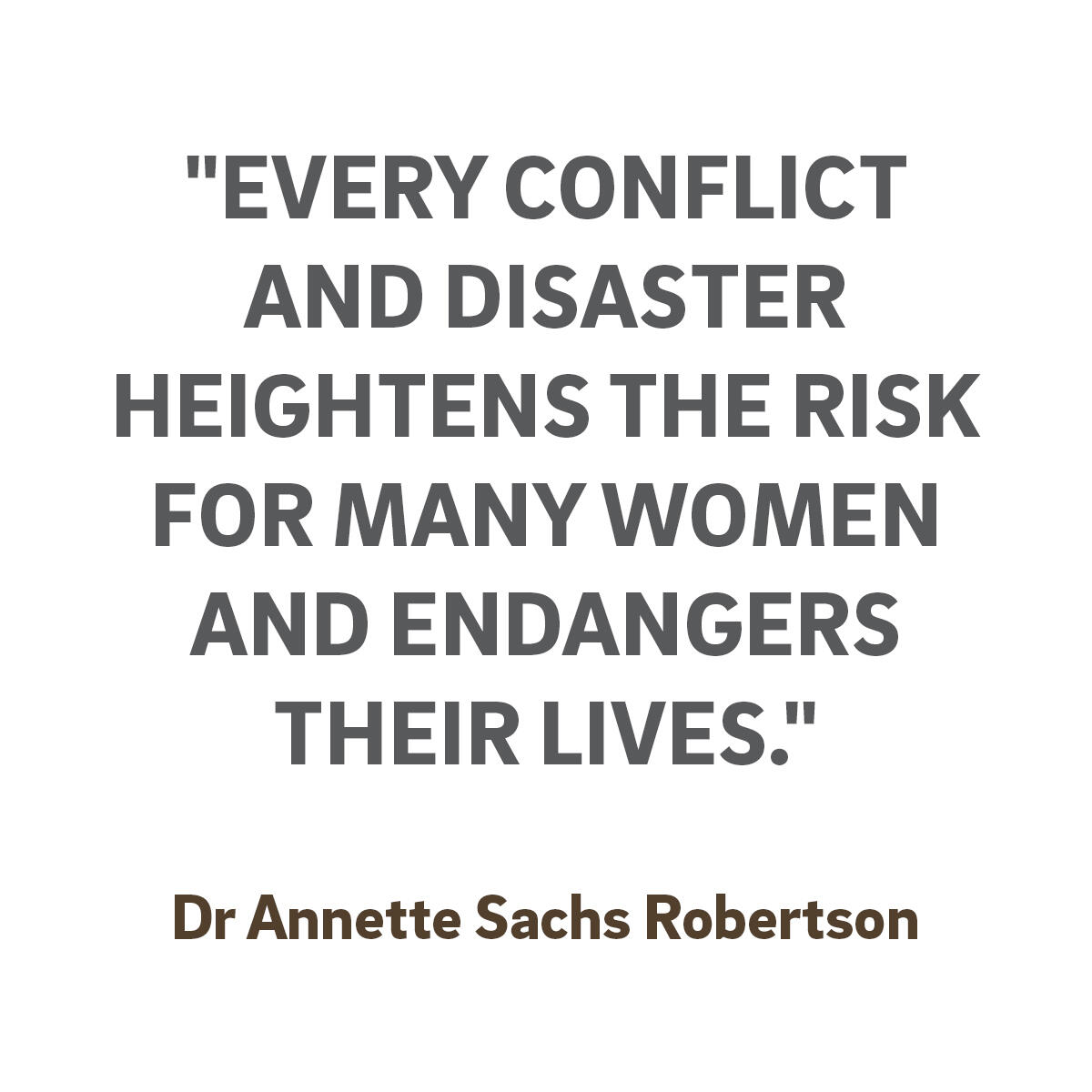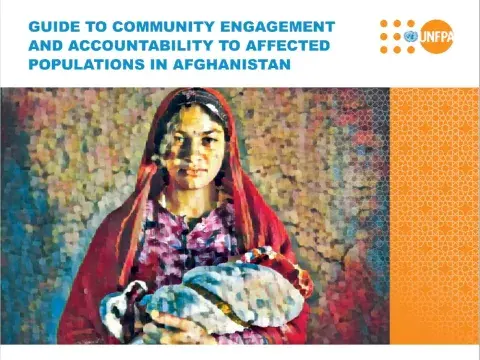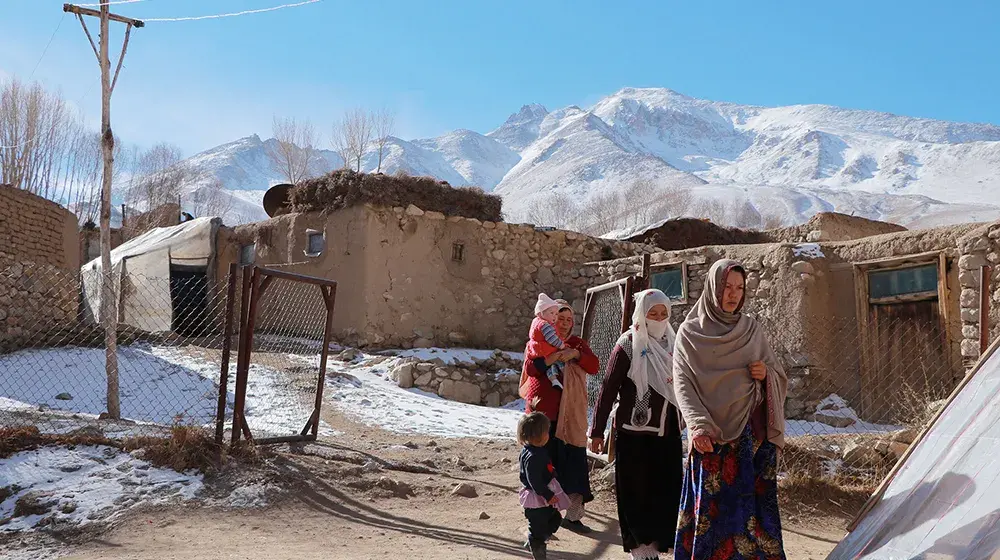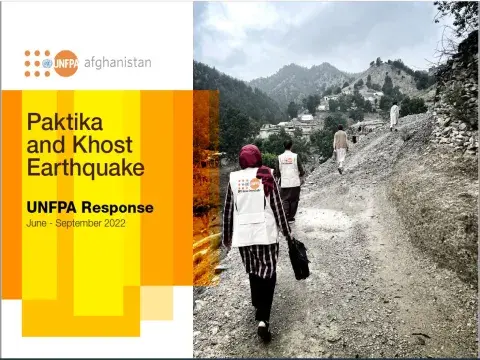"It was late at night when I decided to flee Kunduz with my two children and my orphan cousin under my custody. We spent days in a jungle not knowing where it would lead us, until one day a man drove us to Haji camp in Mazar i Sharif", says Zarghoona, one of the thousands women displaced by Kunduz's recent crisis in Northeast Afghanistan.
Zarghoona is only 28 years old and already a widow. Her husband was murdered a year ago by the Taliban for serving the government as a police officer. Ever since she has worked as a cleaner to support her family. Now she shares a room in the camp with three other families, all women and children. "I am alone and I don't know what will happen to me and my children. We have no one to support and protect us", says while her tears run down her cheeks.
Conflict
In the middle of the next room sits Zahira who is almost too afraid to talk. She is 32 years old and mother of seven. She decided to leave Kunduz when the fight worsened. Unlike Zarghoona, Zahira's husband is alive, but being a drug user, she is the only caretaker of the family. She used to work as a cook in Kunduz's local orphanage. "I spent all my money to get to the camp and now I have nothing to live from. I am frustrated and I don't know what to do", says while she covers her face.
Zarghoona and Zahira are two examples of how war and conflict impact women. They are the ones that bear the burden of taking care of the families in the absence of their husbands or other supportive family members. Adolescent girls and women face much greater risk of maternal deaths, abuse, sexual violence and forced marriage during conflict and displacement.
"Every conflict and disaster heightens the risk for many women and endangers their lives", says Dr Annette Sachs Robertson, UNFPA Country Representative in Afghanistan. "Women are most often the ultimate caretakers in conflict situations. Supporting them often means their survival, but also survival of those dependent on them."
During an emergency, women often engage as a part of the displaced communities. This is the case of Sohaila, a former police officer who had to flee with two of her children from Imam Sahib, a district in Kunduz province. Her life was in danger for being part of the Afghan Police, so she left her husband leaving with him her other nine children. Although she suffers being away from her husband and children, she tries to make herself useful at the camp. Along with her other colleagues from Mazar i Sharif, she guards the female and children section of the camp.
Emergency
UNFPA, the United Nations Population Fund, provides support to women in humanitarian settings. When an emergency strikes women don't stop getting pregnant or having babies. In a crisis, one in five women of childbearing age is likely to be pregnant. The sudden loss of medical support, trauma and exposure to violence can put women at risk. Women who die in childbirth might leave families and children behind with no one to take care of them.
Since the Taliban took over the city of Kunduz at the end of September, up to 14,000 families have been displaced throughout the Northeast region of the country. They look for refuge in the nearby cities of Taloqan, Faizabad and Mazar i Sharif.
UNFPA recently distributed around 260 dignity kits - which contain hygiene supplies such as toothbrushes, toothpaste, shampoo, soap, sanitary pads and underclothes - to women in Haji camp, located in Mazar, where around 2,500 people are temporally seeking refuge. Another 740 dignity kits will be distributed to the neighboring provinces.
The Fund has also established a Women Friendly Space in the camp where displaced women and girls can get psychological support to cope with their situation from a specialized female counsellor. Also a gender-based violence rapid assessment has been conducted.





